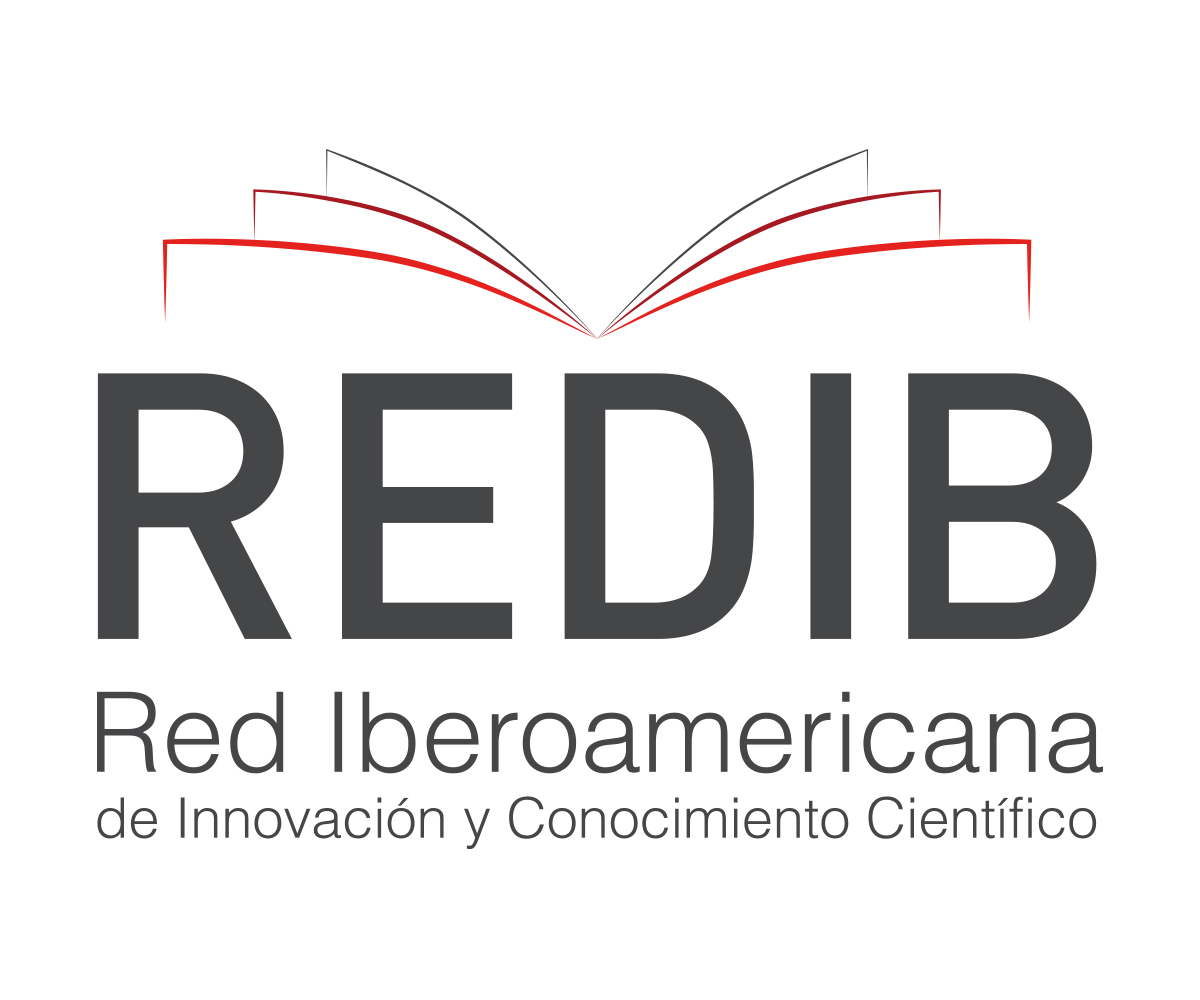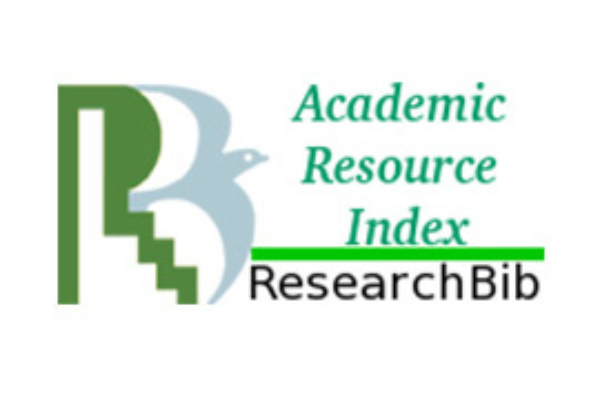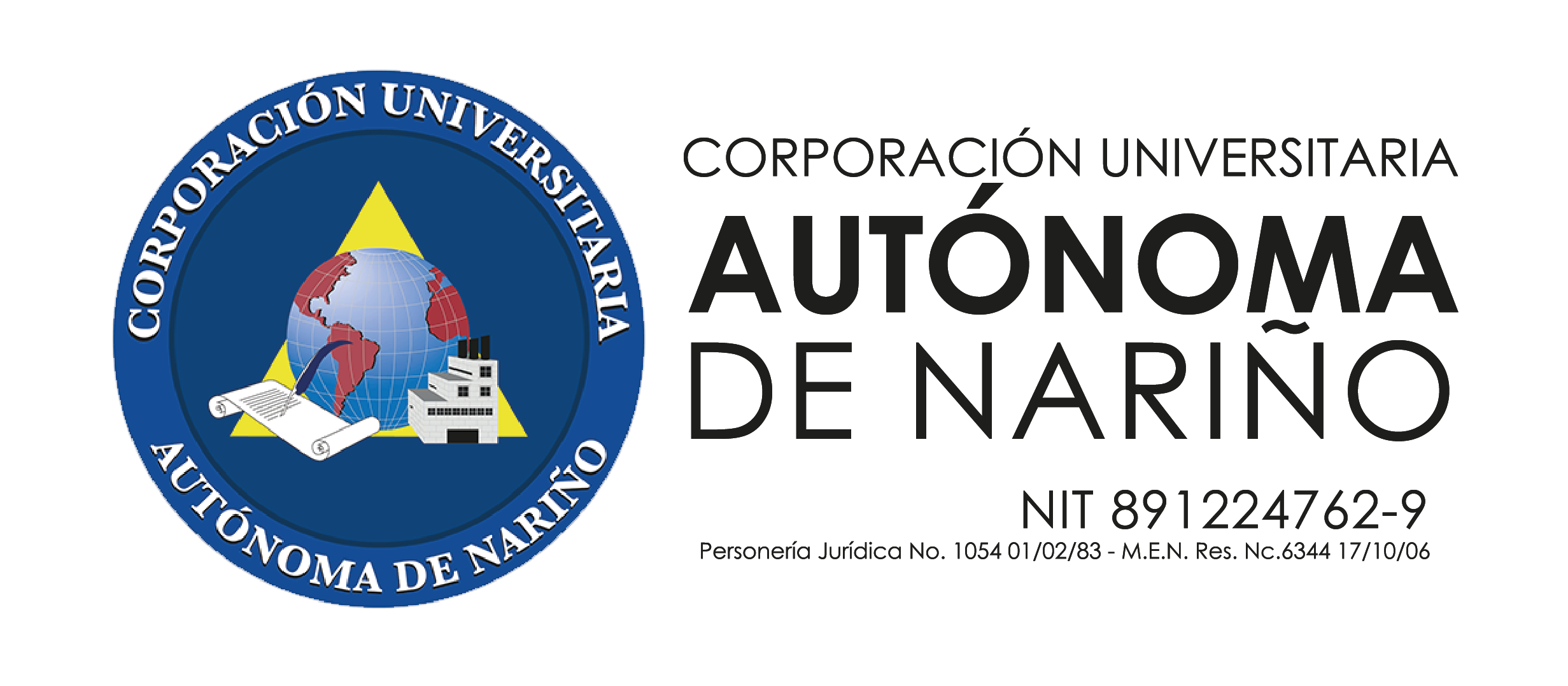Modelo conceptual dirigido a docentes para explorar el bien común en las instituciones de educación superior
DOI:
https://doi.org/10.47666/summa.5.2.8Resumen
El presente artículo estudia desde un enfoque holístico las actividades del bien común que deben poner en práctica los docentes. Se empieza estableciendo un contexto histórico y actual del rol de los docentes en la universidad y las funciones necesarias para servir al bien común. Se definen las actividades específicas que implican el aprendizaje-servicio, la investigación basada en la comunidad y ciertas formas de servicio profesional como las más relevantes para el compromiso debido a su conexión directa con las funciones de enseñanza, investigación y servicio de los docentes. El artículo presenta el modelo del Bien Común Docente (MBCD), resultado de una amplia revisión bibliográfica, y ofrece una perspectiva global en la que se esbozan los factores personales, profesionales e institucionales que pueden predecir la participación de los docentes en el bien común.
Descargas
Citas
Anafinova, S. (2020). The role of rankings in higher education policy: Coercive and normative isomorphism in Kazakhstani higher education. International Journal of Educational Development, 78, 102246.
Austin, A. E. (2002). Preparing the next generation of faculty: Graduate school as socialization to the academic career. The journal of higher education, 73(1), 94-122.
Bayrak, T. (2020). A content analysis of top-ranked universities’ mission statements from five global regions. International Journal of Educational Development, 72, 102130.
Bencze, L., & Carter, L. (2011). Globalizing students acting for the common good. Journal of Research in Science teaching, 48(6), 648-669.
Bennett, J. B. (1998). Collegial Professionalism: The Academy, Individualism, and the Common Good. ERIC.
Boyadjieva, P., & Ilieva-Trichkova, P. (2019). From conceptualisation to measurement of higher education as a common good: challenges and possibilities. Higher Education, 77, 1047-1063.
Boyer, E. L. (1990). Scholarship reconsidered: Priorities of the professoriate. ERIC.
Carrell, S. E., & West, J. E. (2010). Does professor quality matter? Evidence from random assignment of students to professors. Journal of Political Economy, 118(3), 409-432.
Colbeck, C. L., & Wharton‐Michael, P. (2006). Individual and organizational influences on faculty members' engagement in public scholarship. New directions for teaching and learning, 2006(105), 17-26.
Cuesta-Moreno, Ó. J. (2018). Reconocimiento social del docente universitario: subjetividad agobiada, puja por el prestigio académico y reivindicación del acto educativo. El Ágora USB, 18(1), 55-72.
Davies, P., & Ercolani, M. G. (2021). Gender, motivation and labour market beliefs in higher education choices. Higher Education, 82(1), 127-144.
Dorn, C. (2017). For the common good: A new history of higher education in America. Cornell University Press.
Eckel, P. D. (2008). Mission diversity and the tension between prestige and effectiveness: An overview of US higher education. Higher Education Policy, 21, 175-192.
Fischer, E., & Hänze, M. (2020). How do university teachers’ values and beliefs affect their teaching? Educational Psychology, 40(3), 296-317.
Ford, M. P. (2016). Education for the common good. Academe, 102(5), 16-19.
García Aguilar, L. C., Forero Pulido, C., Ocampo Rivera, D. C., & Madrigal Ramírez, M. C. (2015). The meaning of teaching and learning for professors. Investigación y Educación en Enfermería, 33(1), 8-16.
Glassick, C. E., Huber, M. T., & Maeroff, G. I. (1997). Scholarship assessed: Evaluation of the professoriate. John Wiley & Sons.
Godfrey, P. C., & Grasso, E. T. (2000). Working for the common good: Concepts and models for service-learning in management. Stylus Publishing, LLC.
Hackett, E. J. (2014). Academic capitalism. In (Vol. 39, pp. 635-638): Sage Publications Sage CA: Los Angeles, CA.
Hativa, N., & Goodyear, J. (2001). Teacher thinking, beliefs and knowledge in higher education. Springer Science & Business Media.
Hinck, S. S., & Brandell, M. E. (2000). The relationship between institutional support and campus acceptance of academic service learning. American Behavioral Scientist, 43(5), 868-881.
Holland, B. (1997). Analyzing institutional commitment to service: A model of key organizational factors. Michigan journal of community service learning, 4(1), 30-41.
Holland, B. A. (2005). Institutional differences in pursuing the public good. Higher education for the public good: Emerging voices from a national movement, 235-259.
Hollenbach, D. (2002). The common good and Christian ethics (Vol. 22). Cambridge University Press.
Jeynes, W. H. (2007). American educational history: School, society, and the common good. Sage.
Jones, K. M. (2012). Scholarship unbound: Assessing service as scholarship for promotion and tenure—a book review. The Journal of Extension, 50(2), 56.
Knowles, R. T., & Clark, C. H. (2018). How common is the common good? Moving beyond idealistic notions of deliberative democracy in education. Teaching and Teacher Education, 71, 12-23.
Kober, N. (2007). Why We Still Need Public Schools: Public Education for the Common Good. Center on Education Policy.
London, A. J. (2021). For the common good: Philosophical foundations of research ethics. Oxford University Press.
Lotz-Sisitka, H. (2017). Education and the common good. Post-sustainability and environmental education: Remaking education for the future, 63-76.
Lozano, E. V., & Lagla, G. A. L. (2018). Los roles del docente universitario en la actualidad. Revista Científica Retos de la Ciencia, 2(4), 26-31.
Macfarlane, B. (2011). Professors as intellectual leaders: Formation, identity and role. Studies in Higher Education, 36(1), 57-73.
Neumann, A., & Terosky, A. L. (2007). To give and to receive: Recently tenured professors' experiences of service in major research universities. The journal of higher education, 78(3), 282-310.
Nybom, T. (2003). The Humboldt legacy: Reflections on the past, present, and future of the European university. Higher Education Policy, 16(2), 141-159.
Salam, M., Awang Iskandar, D. N., Ibrahim, D. H. A., & Farooq, M. S. (2019). Service learning in higher education: A systematic literature review. Asia Pacific Education Review, 20, 573-593.
San Fabián, J. L. (2020). El reconocimiento de la actividad investigadora universitaria como mecanismo de regulación del mercado académico. Márgenes Revista de Educación de la Universidad de Málaga, 1(1), 23-44.
Scott, J. W. (2019). Knowledge for the Common Good. Academe, 105(4). https://www.jstor.org/stable/26945164
Smith, P. A., & Shoho, A. R. (2007). Higher education trust, rank and race: A conceptual and empirical analysis. Innovative Higher Education, 32, 125-138.
Sormani, E., Baaken, T., & van der Sijde, P. (2022). What sparks academic engagement with society? A comparison of incentives appealing to motives. Industry and Higher Education, 36(1), 19-36.
Staley, D. J. (2019). Alternative universities: Speculative design for innovation in higher education. JHU Press.
Staton, A. Q., & Hunt, S. L. (1992). Teacher socialization: Review and conceptualization. Communication education, 41(2), 109-137.
Tilbury, D. (2011). Higher education for sustainability: a global overview of commitment and progress. Higher education in the world, 4(1), 18-28.
Trolian, T. L., & Jach, E. A. (2020). Engagement in college and university applied learning experiences and students’ academic motivation. Journal of Experiential Education, 43(3), 317-335.
Valeeva, E. E., & Kraysman, N. V. (2014). The impact of globalization on changing roles of university professors. 2014 International Conference on Interactive Collaborative Learning (ICL),
Vogelgesang, L. J., Denson, N., & Jayakumar, U. M. (2010). What determines faculty-engaged scholarship? The Review of Higher Education, 33(4), 437-472.
Volkwein, J. F., & Sweitzer, K. V. (2006). Institutional prestige and reputation among research universities and liberal arts colleges. Research in Higher Education, 47, 129-148.
Ward, K. (2003). Faculty Service Roles and the Scholarship of Engagement. ASHE-ERIC Higher Education Report. Jossey-Bass Higher and Adult Education Series. ERIC.
Wilkesmann, U., & J. Schmid, C. (2014). Intrinsic and internalized modes of teaching motivation. Evidence-based HRM: a global forum for empirical scholarship,
Yoshioka-Kobayashi, T. (2019). Institutional factors for academic entrepreneurship in publicly owned universities in japan: Transition from a conservative anti-industry university collaboration culture to a leading entrepreneurial university. Science, Technology and Society, 24(3), 423-445.





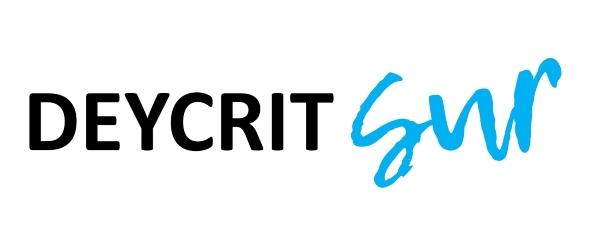




.jpg)
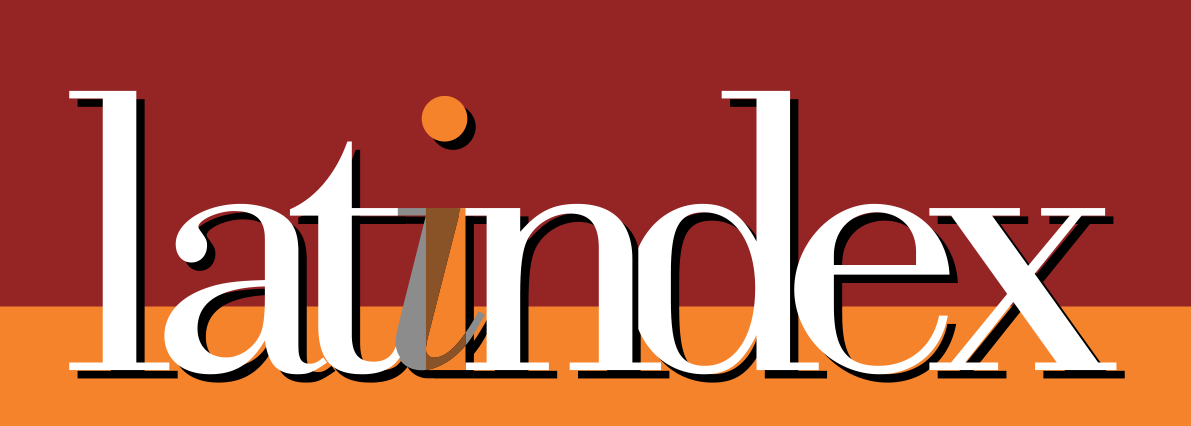
.png)
.png)


